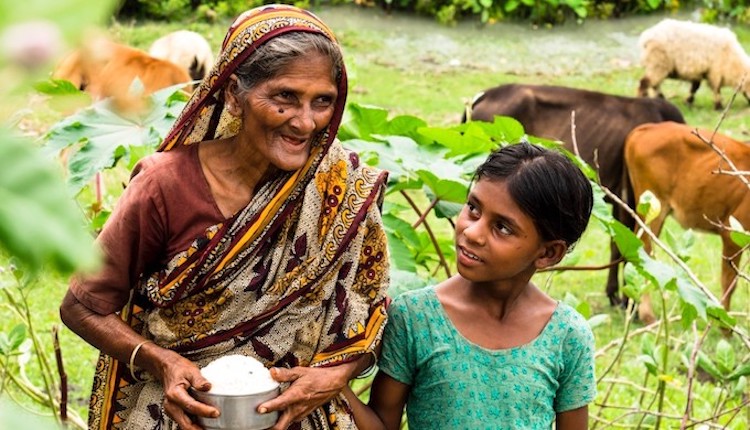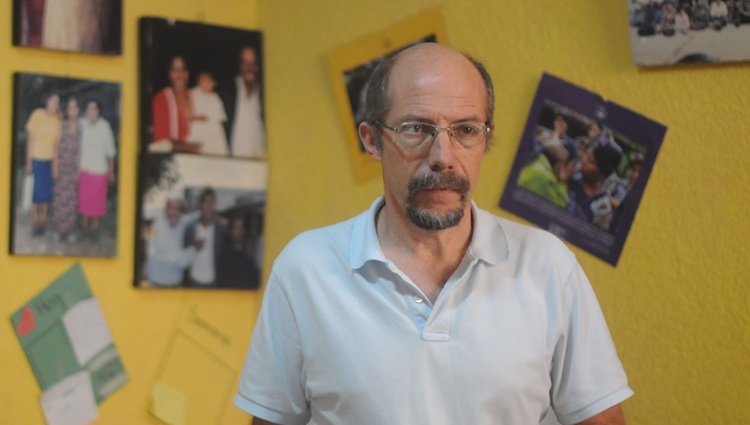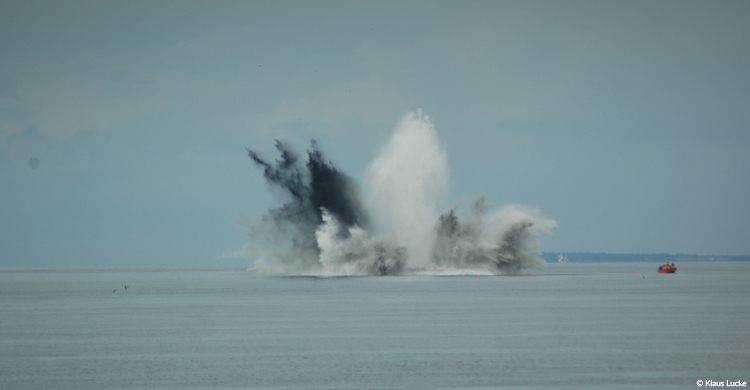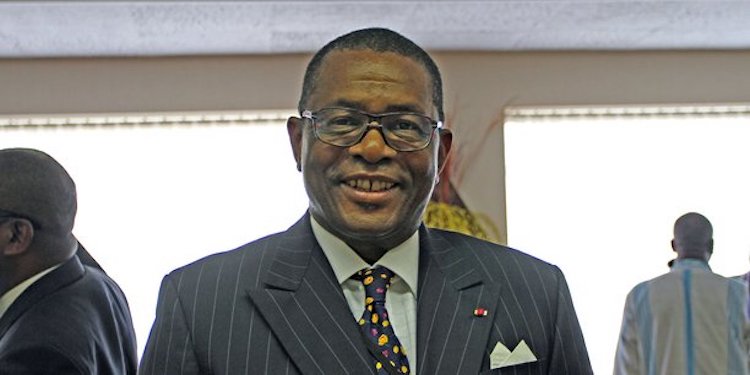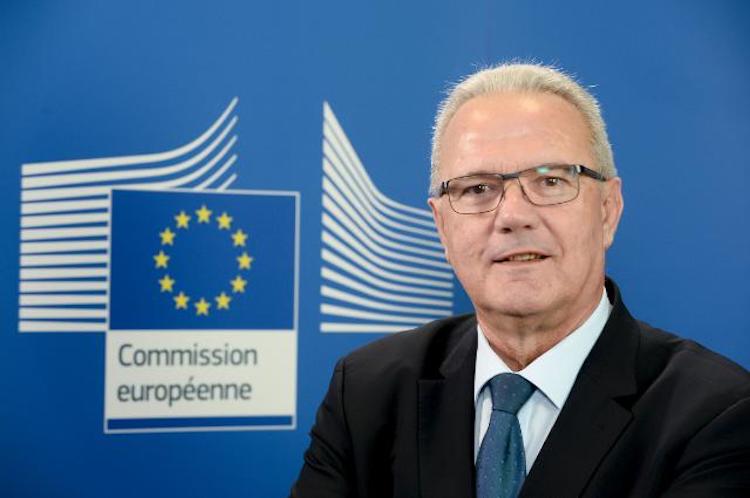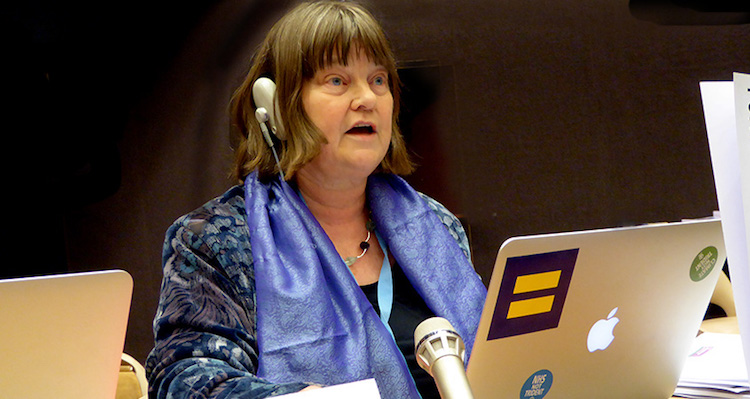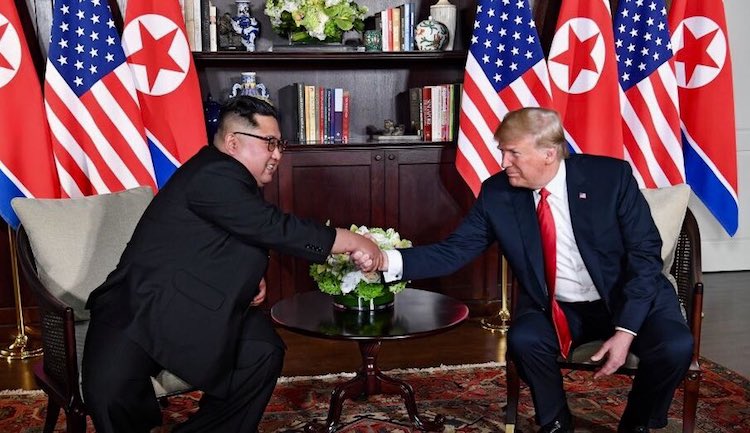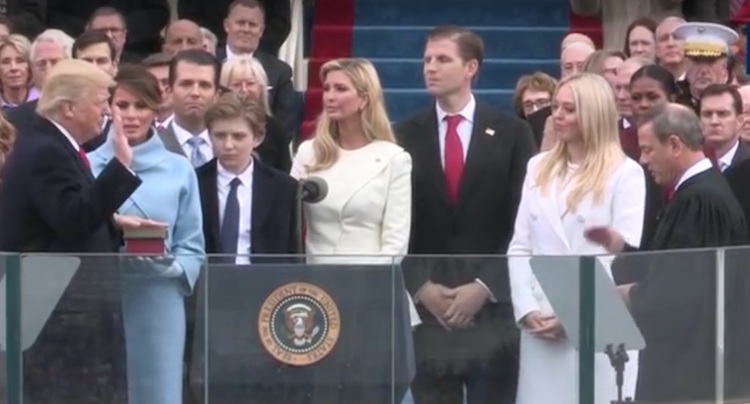By Harjeet Singh The writer is Global Lead on Climate Change at ActionAid International and is based in New Delhi. The commitment and sincerity of developed countries to provide climate finance will determine whether the Paris Agreement will succeed in combating climate change, he warns. Views are personal. This article first appeared on ‘India Climate […]
‘Normal’ Sexuality and the Audiovisual Porn Industry
Viewpoint by Marcelo Colussi* Users of pornography users only watch a well-edited video. They do not see what goes on behind the scenes, the girls who are crying and sent out of the recording studio because they cannot stand the violent sexual acts they are asked to take part in. (Shelley Lubben, former porn actress) […]
EU Summit Must Conquer Misleading Immigration Policies
Viewpoint by Jonathan Power* The Syrian and African migration that has filled our television screens the last two years is overstated. The massive Syrian flow was a panic attack. Now it has dramatically subsided. There is no reason to think there will be another such great influx from the eastern Mediterranean countries. The African migration […]
Underwater Noise – The Not-so-Silent Killer
By Bradnee Chambers Marine experts gathered at the United Nations Headquarters in New York from June 18-22, 2018 to discuss anthropogenic underwater noise. Dr. Bradnee Chambers, Executive Secretary of the Convention on the Conservation of Migratory Species of Wild Animals (CMS), describes the impacts of this type of pollution on marine wildlife and sets out […]
Playing A Decisive Role In Shaping Global Governance
By Joseph Owona Kono The author is Co-President of the African, Caribbean and Pacific (ACP) Group of States. Following are extensive excerpts from his statement opening the 35th ACP-EU Joint Parliamentary Assembly on 19 June 2018 in Brussels. – The Editor BRUSSELS (ACP-IDN) – I have been associated with the Joint Parliamentary Assembly for a […]
ACP and the EU Should Stand United, Shoulder-to-Shoulder
By Neven Mimica The author is EU Commissioner for International Cooperation and Development. Following are extensive excerpts from his statement opening the 35th ACP-EU Joint Parliamentary Assembly on 18 June 2018 in Brussels. – The Editor BRUSSELS (ACP-IDN) – First and foremost, 2018 is a defining year as we get ready to discuss together the […]
Striving For Modernized Partnership
By Yuri Sterk The author is Deputy Minister for Foreign Affairs of Bulgaria. Following are extensive excerpts from his statement opening the 35th ACP-EU Joint Parliamentary Assembly on 18 June 2018 in Brussels. He represented the Bulgarian Presidency of the Council of the EU. – The Editor BRUSSELS (ACP-IDN) – The 35th session of the […]
Nuclear Ban Treaty Beacons the End of Nuclear Age
By Rebecca Johnson Dr Rebecca Johnson is founding President of the International Campaign to Abolish Nuclear Weapons (ICAN) and director of the Acronym Institute for Disarmament Diplomacy. She contributed this viewpoint as foreword to the publication titled ‘Toward A World Without Nuclear Weapons’ published by the International Press Syndicate Group with IDN-InDepthNews as its flagship […]
Grand Peace with DPRK would be a Victory for the UN Charter
Viewpoint by Jonathan Power* LUND, Sweden (IDN-INPS) – Give the man a break. Donald Trump found out in Singapore that, as Churchill said, “Jaw-Jaw is better than War-War”. If war can be avoided by a warm, long, very private chat without advisers, with effusive body gestures and promises of a world stage when his opponent, […]
Trump Tweets the Track to the World He Wants
Viewpoint by Roberto Savio The writer is publisher of Other News, an eminent proponent of “information that markets eliminate” and founder of IPS-Inter Press Service News Agency. This article is being reproduced courtesy of Other News with the writer’s permission. He can be contacted at utopia@robertosavio.info and his articles and comments can be read on […]

